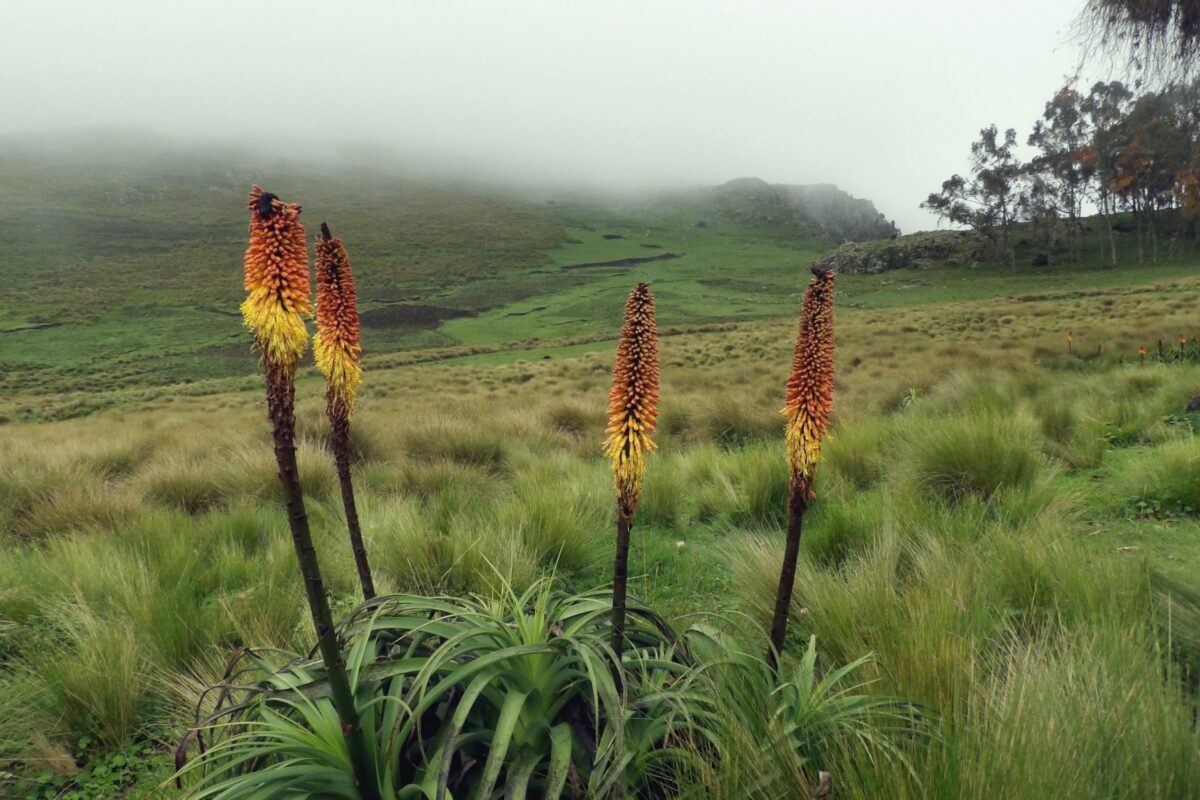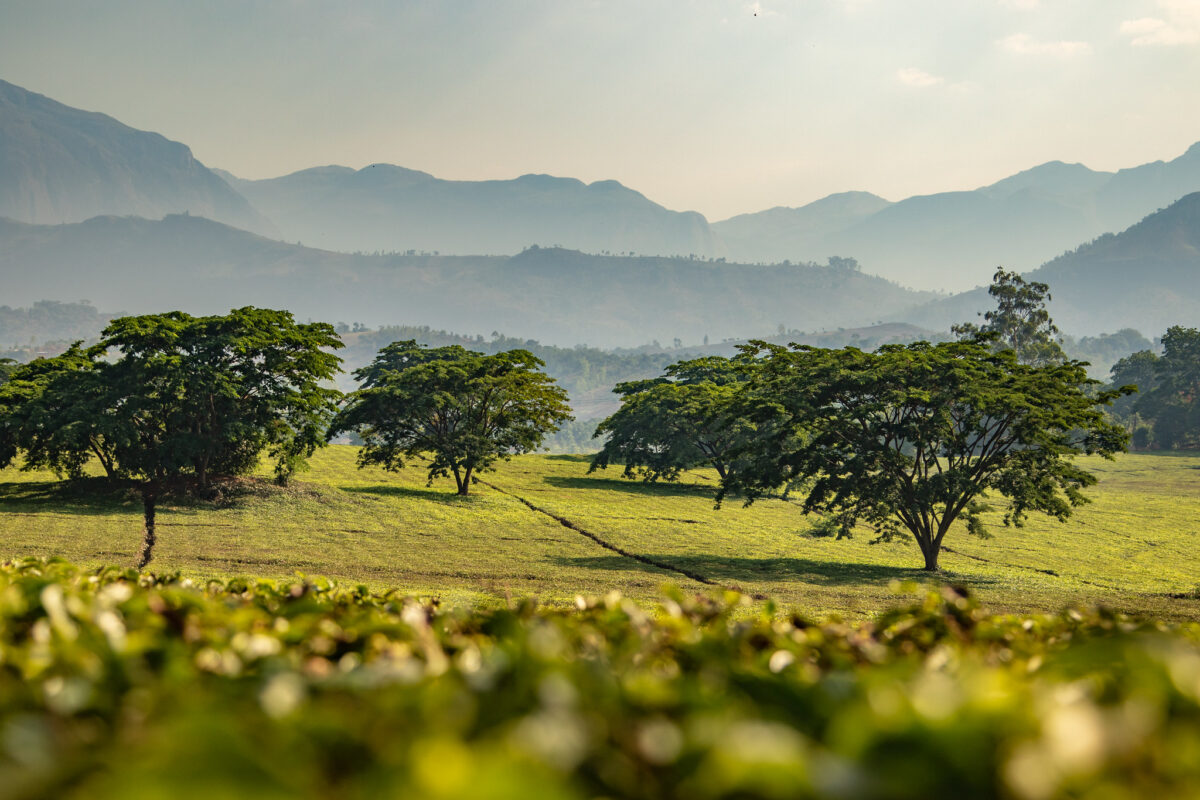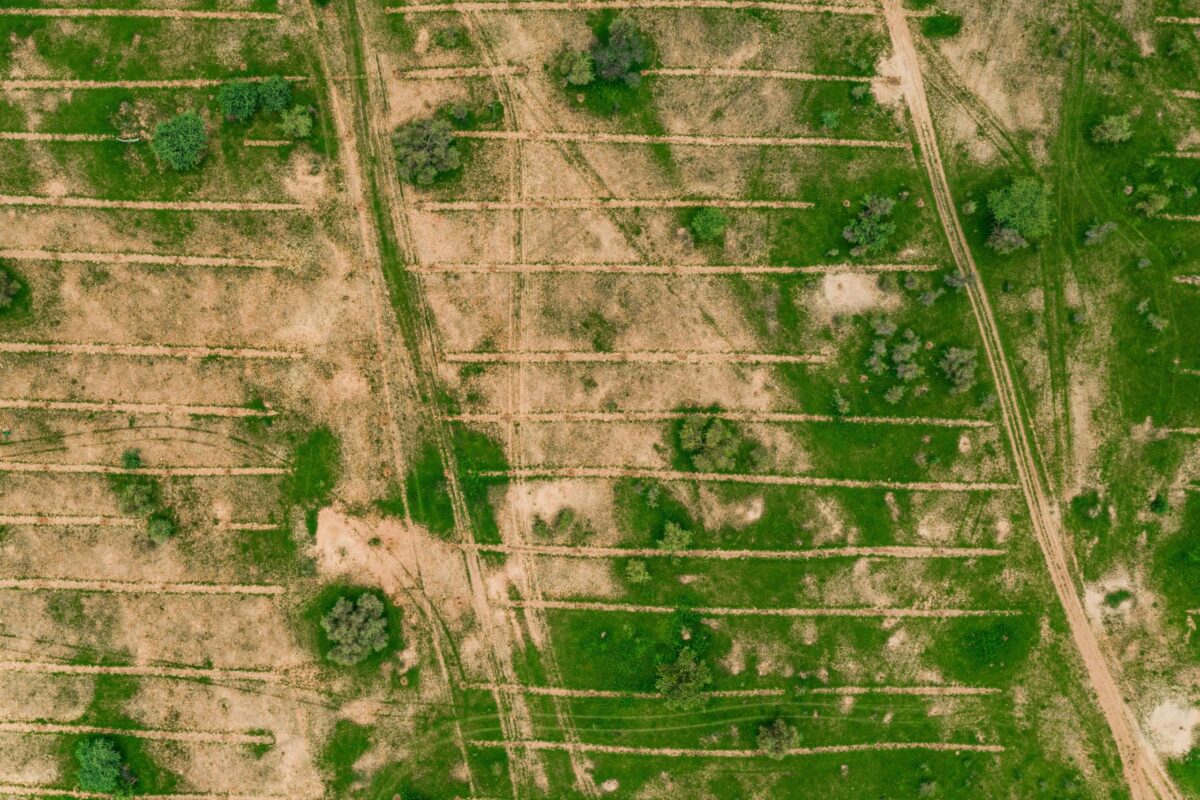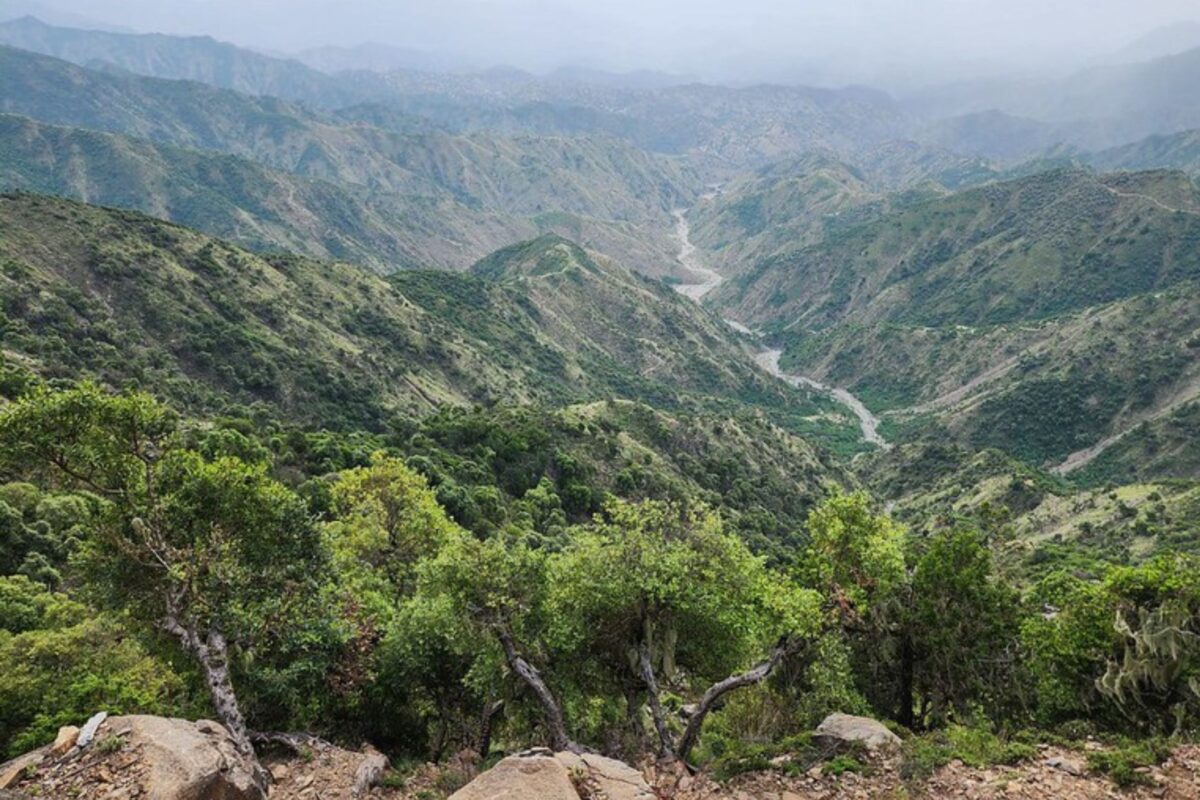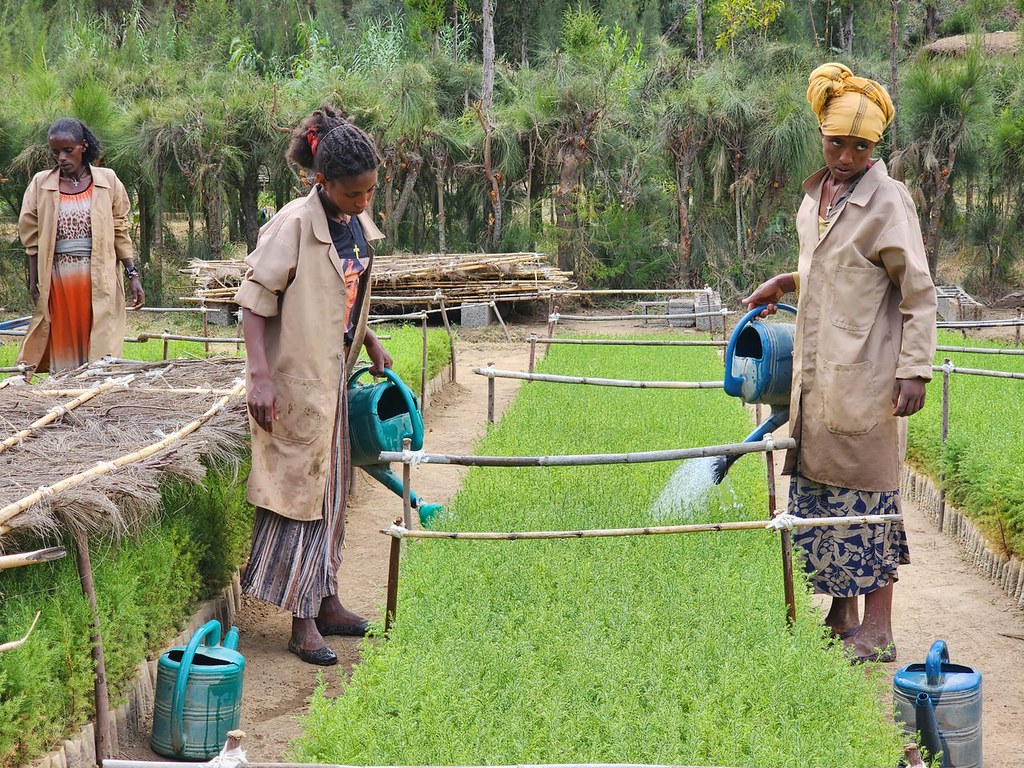At one point the Tanzanian asked his Peruvian colleague: ´when I look around here, in the highlands, I see only rocks, no forests. How do you communicate with your forefathers?´, as in his culture, the spirits of his forefathers live in trees and forests (for those that are curious, the Peruvian answered that they find their spirits in the mountains, they call them ´apu´, but that on a different note).
For many indigenous communities in the world, forests are much more than just trees: they store souls and spirits and are of great cultural and religious value. In India there are over 100.000 of these sacred forests, mostly existing of forest fragments in agricultural landscapes, where community members are actively involved in their protection and management, providing important refuges for conservation of biological diversity, including medicinal plants.
Sacred groves
A great example is our project in the Khasi Hills, where the local Khasi tribes have long established traditions of forest conservation and legal rights for natural resource management. They have been preserving this forest for thousands of years, and believe it belong to the local deity Labasa, who protects this forest and their community from anything bad happening to them. It is therefore entirely forbidden to hunt, cut trees or take anything from out of the forest.
While these rules have made sacred forests, or groves, successful conservation areas, current threats to other forest areas are numerous. Practices ranging from the use of timber and other forest products to clearing for agriculture and charcoal making, stone quarrying and grazing or general changes in cultural traditions means that the loss of forest cover in the Khasi Hills District has been dramatic, averaging 5.6% per year from 2000 to 2005.
The Khasi-Hills
Therefore, WeForest supports members of self-help groups and farmer’s clubs in the Khasi Hills with activities such as training and financial support to pursue ecotourism initiatives, animal husbandry, food establishments and tree nurseries. Doing so, we work closely together with our project partner Bah Tambor Lyngdoh, the head and secretary of the community-led Ka Synjuk Ki Hima Arliang Wah Umiam Mawphlang Welfare Society (the “Federation”). Through this partnership we specifically work to address the extreme poverty facing rural families, through new income generating activities and training and providing women with in-kind sponsorships such as piglets or chicken.
This way we are restoring forests, protecting valuable cultural practices and providing additional income sources for the Khasi tribes.
Read more about our project in India here.


